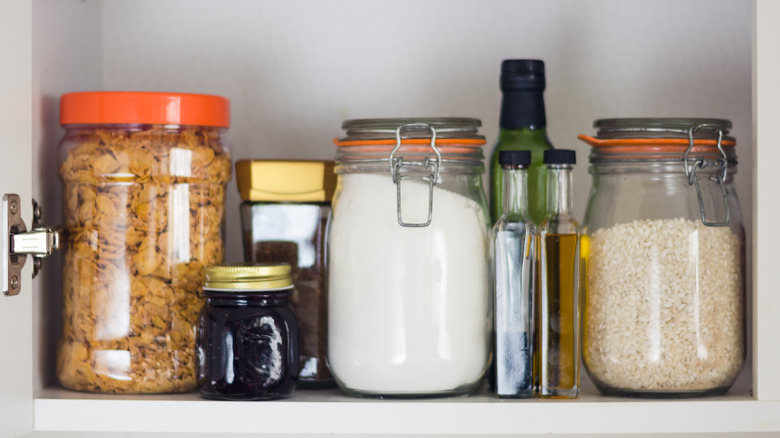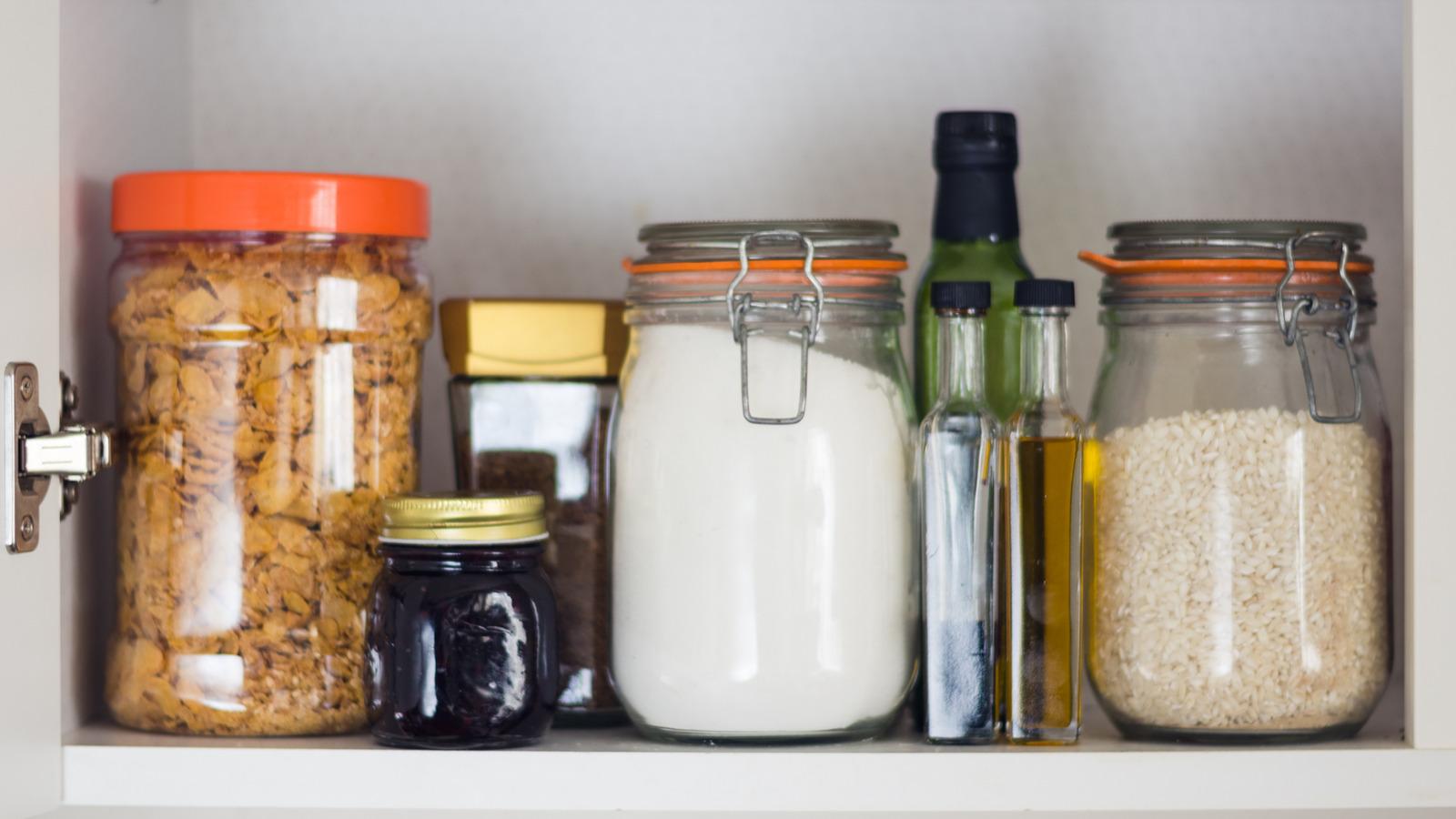
Miroslav Pesek/Shutterstock
If you've noticed that it feels harder and harder to stick to your coffee budget, you're not imagining things. While many of us take our morning espresso for granted, it seems that this daily habit will continue to become more expensive. The price of coffee has experienced a significant increase in 2025, rising by close to 21% compared to the previous year.
As of September 2025, the price per pound reached a high of $4.27 per pound — this is up almost a dollar from the "record high" price in December 2024, of $3.44 per pound. The year-over-year rise affects everything from raw beans to grocery store shelves and cafe menus, with roasters and consumers paying a higher price.
For context, in prior years, it's been normal for the price of coffee to go up and down. After all, it is an agricultural commodity that is affected by things like weather, drought, supply and demand, inflation, and economic conditions. The 20% jump is partly due to climate conditions in Vietnam and Brazil, trade disruptions, and shifting market dynamics.
Tariffs, climate, and freight all contribute to coffee's high cost

Narong Khueankaew/Shutterstock
The largest coffee producer in the world, Brazil, has faced extreme drought conditions, lowering the country's yield of both Arabica and Robusta coffee. Vietnam and Colombia were also struck by unpredictable weather and droughts that made harvests inconsistent and affected the quality of beans. The global supply chain has struggled to keep up with the demand that has consistently grown post-pandemic in North America, Europe, and other markets.
Although the climate is a significant factor, the beans for your morning cup of joe along with other grocery staples have seen a sharp rise in price due to tariffs enacted by President Donald Trump. Because coffee comes from outside of the United States, this imported good is subject to tariffs. Originally, Trump had proposed a 10% tariff on Brazilian imports, but this rose to 50% in August 2025, according to MarketWatch. ING reports that Colombia and Vietnam face lower, but still significant, tariffs of 10% and 20%.
Transporting coffee has also had its complications. Military conflicts have disrupted shipping, particularly in the Red Sea, and costly shipping containers, freight, and port strikes are additional factors that cause shipping delays and increase the price of coffee. So what does all of this mean for you, the coffee connoisseur? It doesn't look like there's going to be a significant drop in coffee prices anytime soon, and you could see less diversity of bean origin due to costly tariffs among other factors. So savor each cup, especially if the beans are from Brazil.



